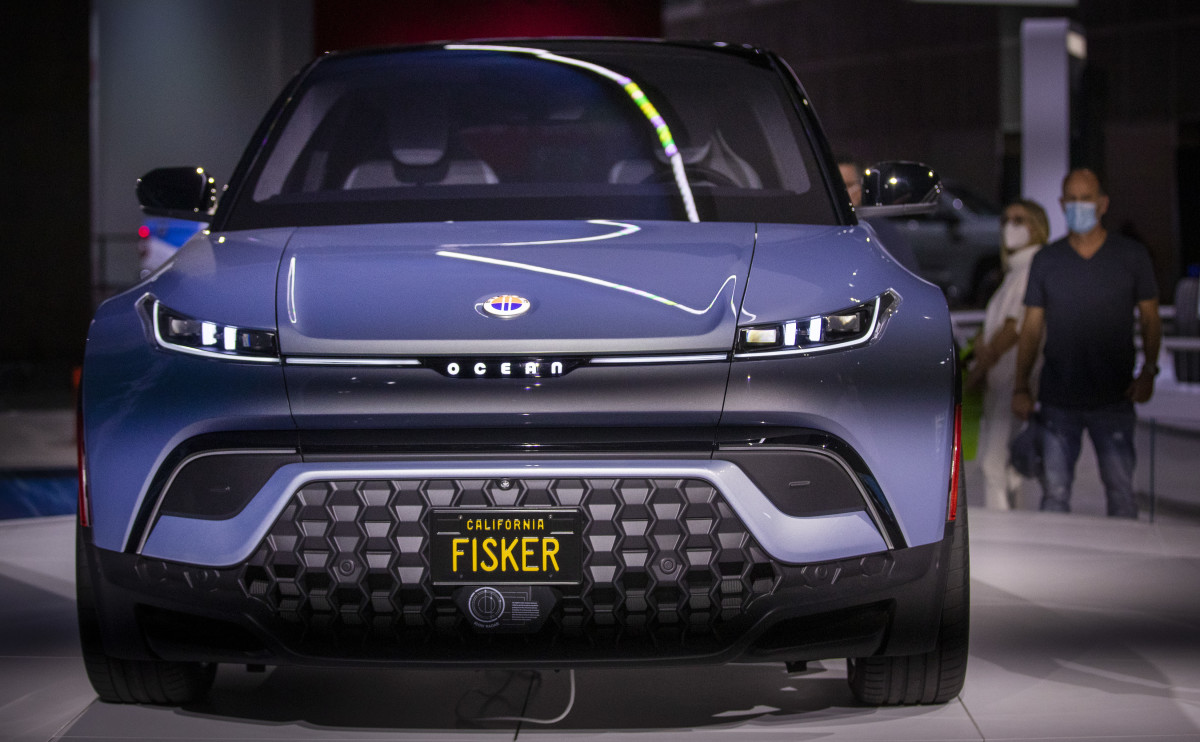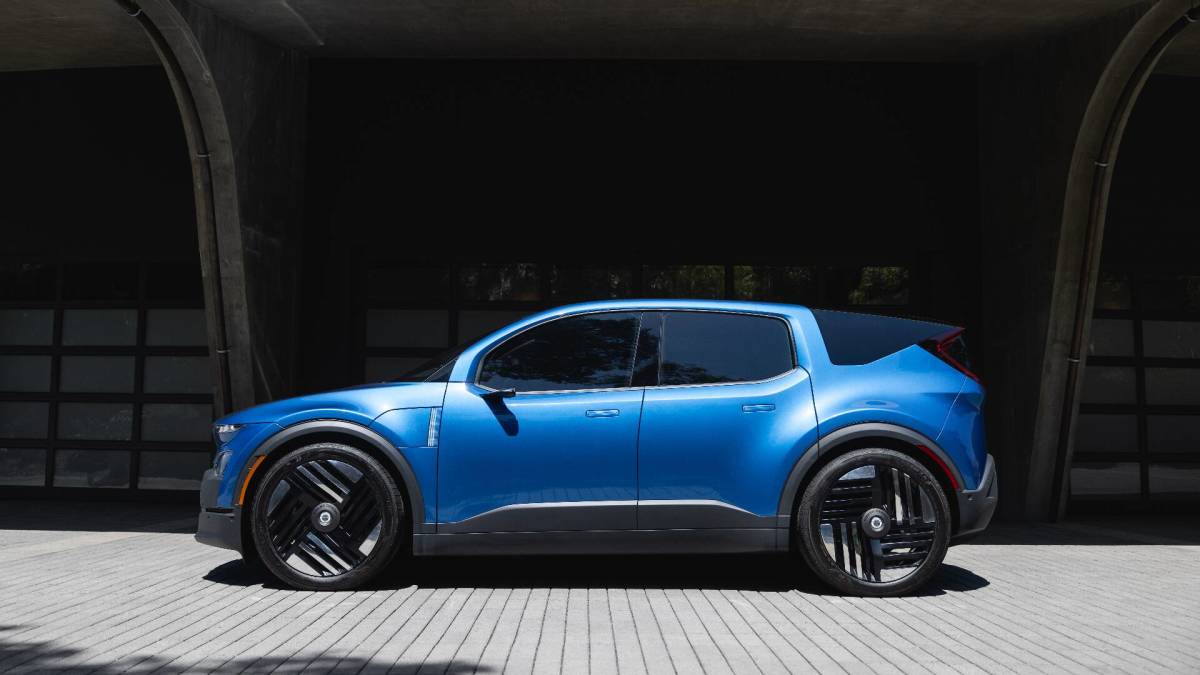
They are the two words investors never like to see: material weakness.
That phrase appeared in a Nov. 13 regulatory filing from electric vehicle maker Fisker FSR, which said that following the abrupt departure of its chief accounting officer in October, it “determined that it has material weaknesses in the Company’s internal control over financial reporting."
Related: Cathie Wood explains why she cut Ark's Tesla holding
The revelation, which means Fisker's 10-Q filing will be delayed, came on the heels of the Manhattan Beach, Calif.-based company's disappointing third-quarter earnings report, where Fisker posted a loss of $91 million, or 27 cents a share.
Fisker, which said it produced 4,725 Oceans and sold 1,097 in the quarter, also lowered its production forecast for the third time this year and now expects to produce 13,000 to 17,000 vehicles.
In August the company said it expected to produce 20,000 to 23,000 vehicles in 2023, which was down from an earlier forecast of 42,000 Oceans.
"This may be short-term pain and it may not be something that Wall Street wants to hear but it is extremely responsible for us, and it is essential for us that we do this for the long term," Chief Financial Officer Geeta Fisker said during a conference call with analysts.

Fisker
People are 'really getting annoyed'
"We have not been able to follow through with deliveries fast enough," CEO Henrik Fisker said on the call. "People have paid and awaiting for the cars and some of them are really getting annoyed, and that's something that we need to do something about."
Fisker, which delayed its results from Nov. 8, said the material weakness was related to complex accounting in multiple countries, involving convertible notes, derivatives as well as raw material and finished goods inventory in the contract manufacturing of its vehicles.
The company said it was hiring experts to better address the issues.
Fisker shares were tumbling nearly 18% in late morning trading as analysts lined up to slash their price targets for the company's stock.
But Fisker is not electric vehicle maker struggling to find the place in a world dominated by Elon Musk's Tesla TSLA and a weakening market.
Deutsche Bank's lead auto technology analyst Emmanuel Rosner said earlier this month that the EV adoption curve is clearly slowing down, resulting in a "meltdown" that is striking both investor expectations and previously earnest automakers.
General Motors GM and Ford F have cut back their respective EV investments.
Rivian Automotive RIVN shares finished lower Nov. 8 even after the company reported a third-quarter loss that beat Wall Street's expectations and raised its 2023 production guidance to 54,000 electric vehicles, up from 52,000 in August.
The company, which is backed by Amazon AMZN, recently said it plans to raise nearly $15 billion in debt to help build an electric vehicle manufacturing plant in Georgia. Shares were up nearly 4% at last check.
Lucid Group LCID reported a third-quarter loss that was better than consensus estimates, while also cutting its production forecast from more than 10,000 vehicles to 8,000 to 8,500.
Disappointing analysts
"We decided to prudently align our production with deliveries," CEO Peter Rawlinson told analysts on Nov. 9.
CFRA analyst Garrett Nelson said he believed the company's production cut reflects “weak demand” for its vehicles and selling cars at a loss isn’t improving.
He said in a note to clients that the results revealed "a disturbing sequential drop in price realizations to approximately $94,600 per vehicle in Q3 from $107,500 in Q2."
"With a high cash burn rate and an apparent lack of consumers willing to pay a premium for the brand, we think the company has some major issues," he said.
And life has not been a breeze for Tesla, either, which reported adjusted earnings of 66 cents per share last month, down 37% from the year-ago period and well-off Street estimates of 73 cents.
The company also reported third-quarter deliveries of around 435,000 vehicles, missing Wall Street expectations of 455,000 deliveries.
HSBC analyst Michael Tyndall initiated coverage of Tesla with a “reduce” rating and a target of $146 a share, implying a 34% decline from current levels, citing the company’s goal of reaching 20 million deliveries by 2030 as the key medium-term challenge.
The analyst said the expense tied to the growth of Tesla's noncar-related businesses — self-driving, artificial intelligence, the Optimus robot and its Dojo supercomputer — will likely be "well above the group average given the regulatory and technological challenges they face."
- Get investment guidance from trusted portfolio managers without the management fees. Sign up for Action Alerts PLUS now.







